Princess goes to school
Suman Lata is an Associate Professor in the Department of Elementary Education at Gargi College, University of Delhi
The article revisits the institution of schooling provoked by the travails of a little girl’s initiation into the system
As a student of education mainly concerned with school education, I have been constantly deliberating on the issues related to schools; the divide between state-run and private schools, curriculum load, punishment, hidden curriculum, pedagogical concerns, teachers and their issues, government policies and so on and on and on. The school remains imperative and is considered a right of every child comparable to the right to life itself. What would be the kind of life of a person who is denied the right to education? Even the Supreme Court of India declared the right to education as a Fundamental Right by expanding the right to life. Deliberating and critically examining issues of access and equity, school as an institution remains as something indispensable in modern society. Of course, there have been voices of dissent, for example, de-schooling and home-schooling. But these alternatives to formal schooling generally remained in the domain of academic debates with not too many educationists supporting the same. So school was always a given. A child has to go to school. Denying a child an opportunity to go to school is absolutely unfair and now illegal too. My only concern was to pray and hope for a ‘good school’ till Dadu and Dadi’s little princess began her school journey and started asking every day, ”Mujhe school jaana hi kyon hai”? (why do I have to go to school only?)
It was easy to tell her if she will not go to school she will become a ‘buddhu’. But her repeated questioning and seeing her everyday trauma borne out of what psychologists term as separation anxiety, set me thinking. Is education synonymous with schooling? Is this the only way to learn, to acquire knowledge? A three-year-old who had spent almost two years in ‘corona times’ as she understood, it was a traumatic experience for her and us, to be handed over to utter strangers in a prison-like building where mama, papa, dadi, or dadu could not be with her. She would scream in her sleep, plead daily to let her be at home only, not eat anything in school, and bid a teary-bye every day. The weekend was such a relief for all of us with Monday blues creeping in on Sundays only. Her parents talked to their friends. There was some consolation in the fact that their friends’ kids were experiencing similar trauma. So at least there was nothing very unusual about her. Some solace indeed! And then the usual refrain-oh she will adjust after some time; all children go through this phase. It is painful no doubt but eventually for her betterment only. After all school to jana hi padega. There is no option, no alternative. Parents were putting up a brave front. Schooling, like vaccination may be painful but a must in the long-term interest of the child. Really??
I would point out to her children rushing to school in the morning; by buses, autos, pillion riding their parents’ bikes, and some walking down to their respective schools. I would tell her, “See all of them are going to school because nobody wants to be a buddhoo. Are they crying?” But I would not tell her that all of them looked so listless and non-enthusiastic. I shared my dilemma with my students of education in the college and asked how many of them were really happy when in school. Just a couple of hands went up and they too admitted that it was mainly because of the friends they made in the school. Yes, all children love to befriend children of their age group but for that is it really necessary to go to school?
She would play ‘school’ with me. She would ask me to behave like a reluctant child absolutely unwilling to go to school. Then she would reason with me that going to school was important and that it would be fun. She would repeat my arguments and finally drag me firmly to that imaginary school. Was this role play her way of coming to terms with the inevitability of going to school?
I dug up my old notes, revisited many educationists, read Ivan Illich all over again, researched homeschooling and looked for alternative and innovative schooling (not alternative to schooling), and re-read prominent educationists, keenly searching for their comments on schooling. Rather I would admit I hunted for their adverse comments on the formal school system, reinforcing and so much in sync with my current mood of disenchantment. I just lapped up a radical perspective on schooling that I came across. Yes, it was time to rethink schooling. Her parents thought I was overreacting and unreasonably emotional over a non-issue. I was even accused of being overindulgent. But I am still looking for an answer to her question about why she needs to go to school. To learn discipline? To prepare for life? (Or to experience life itself as Dewey looked at the function of schooling?) To learn to conform? To learn to obey, acquiesce? To learn to cope? To learn to adapt? To learn to survive in the big bad insensitive world outside??
Sorry princess I don’t have an answer to your question nor do I have an answer to your parents’ question, “What is the alternative?”
I felt vindicated to rediscover many an educationist who thought like me. I was particularly struck by the strong condemnation of the school system.
The modern factory-schooling education system is one of the greatest crimes against humanity. One hundred years from now, we will look back at the violence of schooling and ask how we could have done this to innocent children
Manish Jain: Shikshantar Andolan
School appropriates the money, men, and goodwill available for education and in addition discourages other institutions from assuming educational tasks. Work, leisure, politics, city living, and even family life depend on schools for the habits and knowledge they presuppose, instead of becoming the means of education.
Illich, 1970
I read the metaphorical poignant story of the parrot by Tagore who was callously crushed by the overzealous trainers.
But who is to be blamed for this? Certainly not the school authorities who are working hard to take meticulous care of the children in their ‘custody’, ensuring their safe entry and exit. The teachers are already overwhelmed with so many wailing princes and princesses. We need to find answers somewhere else.
But where? Illich floated the concept of de-schooling in 1970 and hoped for fast disestablishment of schools, but it has not materialized to date for obvious reasons. Homeschooling and alternative schooling is still schooling only. Even supporters of homeschooling admit a lack of peer group socialization is its drawback. Moreover princess, how can I negate the fact that in our multi-layered unequal, and unjust system you are God’s own child to be in an institution which is on the coveted side of the great divide of our school education system? How can I not think of so many little ones for whom even to be able to go to school is a big achievement? How can I be indifferent to the plight of those who are going to schools with abysmal infrastructure, are hardly learning anything, and are humiliated and beaten up regularly?
Meanwhile, I am just waiting for the day when you will stop asking this question and I know eventually it will happen. You have already transcended from, “Why do I have to go to school?” to “I don’t want to go to school” and now, to “I don’t want to go to school today”. You have begun accepting what is allowed and what is not allowed in school. You are coming to terms with the idea of the inevitability of going to school. There will also be days when you may look forward to going to school. And then after a few years, your questions will change. You will wonder why you are being taught certain things which don’t seem to have any relevance to your life or why should you strategically learn for exams or on something you cannot anticipate now.
Princess, I may not be able to answer your questions to my satisfaction but keep that spirit alive. Keep asking, keep shaking us out of our complacent acceptance of formal schooling. We, adults, need to keep listening to such questions seriously and constantly strive to make learning a pleasurable experience. Maybe I can end with a quote by Michael Apple in the context of homeschooling:
“We must speak for hope, as long as it doesn’t mean suppressing the nature of the danger” (Williams 1989, p.322). There are identifiable dangers to identifiable groups of people in public schooling as we know it. But the privatizing alternatives may be much worse. (Michael W.Apple: 2000)
References
- Apple, W. Michael (2000) Away With All the Teachers: The Cultural Politics of Home Schooling https://nepc.colorado.edu/sites/default/files/Apple.Away_.pdf
- Illich,Ivan.(1970)DeschoolingSociety https://learning.media.mit.edu/courses/mas713/readings/DESCHOOLING.pdf
- Jain, Manish (n.d.) “The Emperor Has No Clothes: Hacking the Education System Fellowship” https://www.shikshantar.org/initiatives/walkouts-network/emperor-has-no-clothes-hacking-education-system-fellowship
- Tagore, Rabindranath (n.d. ). Parrot’s Training https://www.parabaas.com/translation/database/translations/stories/gRabindranath_parrot.htm

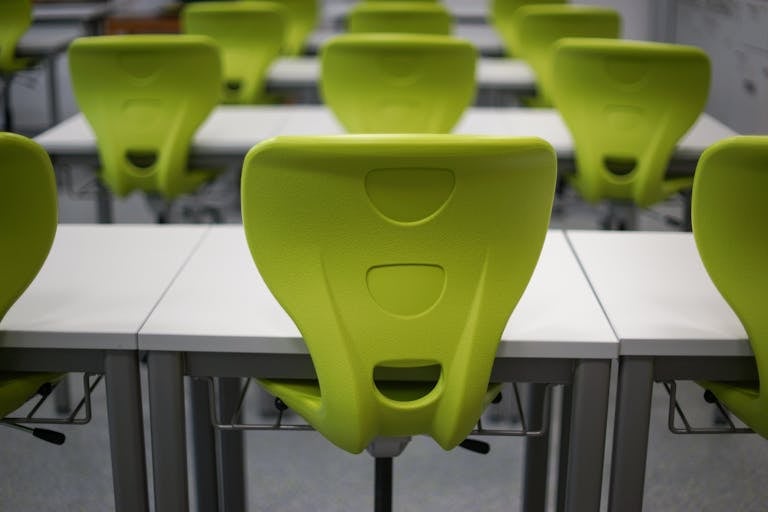
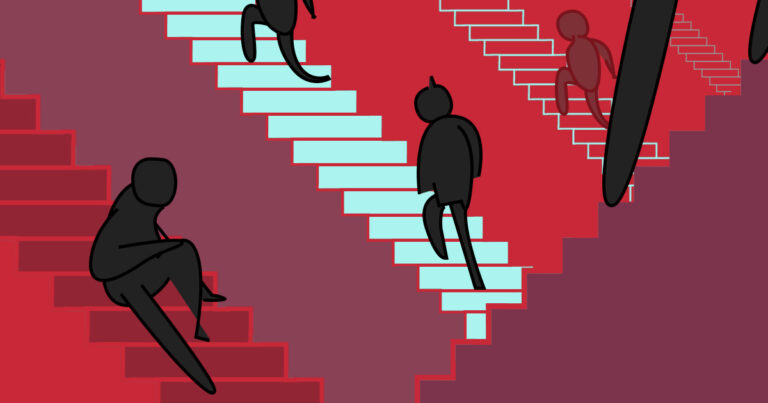
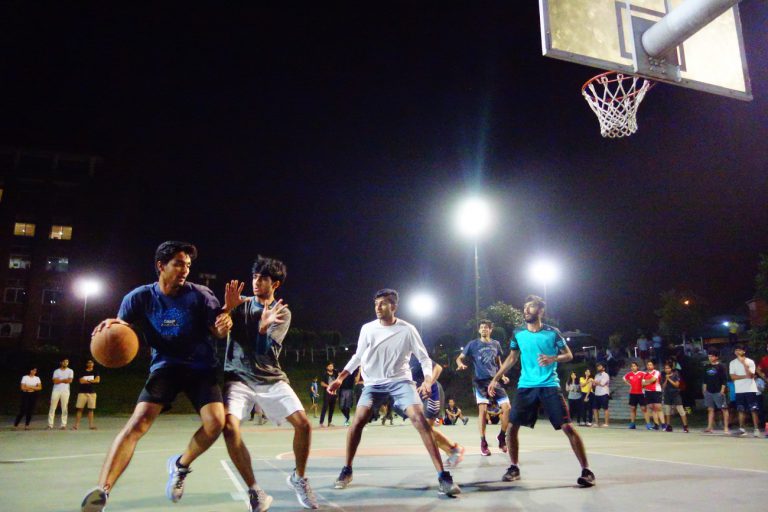
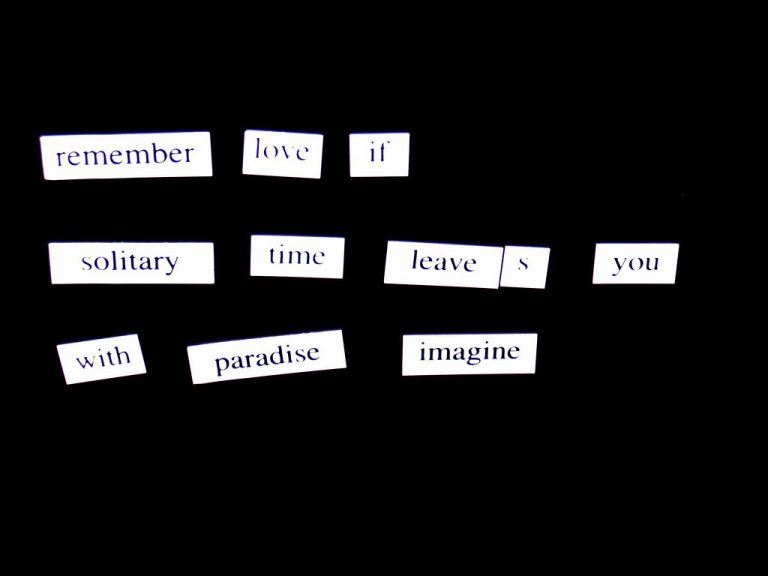

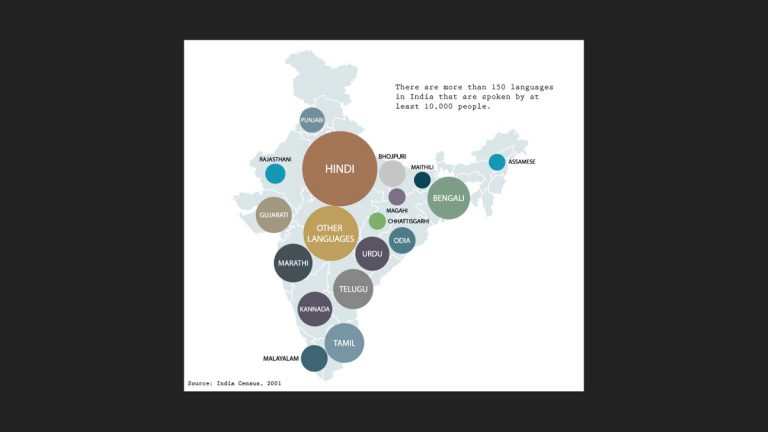
Wonderful article Ma’am.
You have expressed the feelings of most pre-primary and primary class parents.
The minds of the little ones are filled with such curiosity and genuine questions that it baffles most of the parents.
Truely, mindfully listening to their questions even if we are not able to give them the answers, will, in a way enable them to find out the answers by themselves in future.
Beautiful articulation of ordeal of a child. As students of education we need to revisit the purpose of schooling. The voices of stakeholders, especially children, do not find place in the arena of education which is so said. With new policy vouching recognising and honouring diversity, would we be ever be able to recognise unique needs of child. The mindset has to change. The article gives goosebumps by foregrounding very important questions which have been put under the carpet by most of us.
As a scholar of education I have been almost conditioned to consider formal schooling as normative to human progress. When we argue that children have a right to education we ignore a scrutiny of what is the nature of education that is provided to young children in schools. The highly schooled societies are no utopias. This article provokes the reader to think: What if no school ?
This is a very interesting read. Truly insightful.
It is very insightful. And I deeply believe that everything we learn in schools or life, later manifest themselves as relevant in someway or the other. Completely agree with the point that we need to keep Listening to the questions. It’s just as important as asking. A great article ma’am.